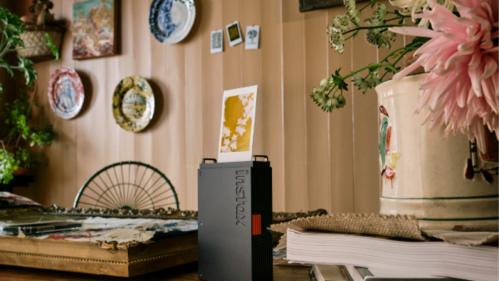 Small pets can be a great addition to a family. From guinea pigs to gerbils, many of these little guys make great companions for families with children. Figure out which small pet is best for you and how to care for your adorable new friend.
Small pets can be a great addition to a family. From guinea pigs to gerbils, many of these little guys make great companions for families with children. Figure out which small pet is best for you and how to care for your adorable new friend.
Here is some advice on how and what to feed your small pets.
Gerbil
Your pets will do well on a good commercial gerbil seed mix with a protein content of about 12 percent, and a fat content in the 6-to-8 percent range. Nutritionally complete, gerbil mix is made up of pellets, grains, seeds and dried vegetables, and is readily available at pet supply stores. If you offer your pets a mix that includes sunflower seeds, you may notice them picking out these tasty treats first and leaving the high-protein, ultra-nutritious seeds for later. Don’t worry, they’ll eventually eat the good stuff, so resist the urge to refill the bowl or offer more sunflower seeds, which are high in fat. Experts recommend offering small amounts of fresh vegetables to your gerbils every day. Carrots, leaf lettuces, turnips, and broccoli are good choices. Offer small amounts of sweet fruit such as apples and bananas every other day, but take care to introduce new foods gradually. Fresh, clean water should be available at all times. It is best to use an inverted bottle with a drinking tube, and change the water daily. Do not give your pet cabbage, potatoes, onions, uncooked beans, chocolate, or sweets.
Guinea pig
Commercial guinea pig pellets should make up the bulk of your pet’s diet. Nutritionally complete, they’re available at pet supply stores, and are made from plants, seeds and veggies. Feed your guinea pigs twice daily, in the morning and in the evening. Experts recommend offering small amounts of fresh fruit and vegetables to your guinea pigs every day. Try grapes, cucumbers, corn, peas, carrots and pears. Half a handful of veggies and a slice of fresh fruit per pig is plenty. You’ll also need to make grass hay available to your pets at all times. It’s great for the digestive system, and will also satisfy your pet’s need to gnaw. Unlike other animals, guinea pigs cannot manufacture Vitamin C, so you’ll need to ensure that your pets get enough of this essential nutrient every day. A quarter of an orange will do, but you can also include some fruits and veggies that are high in C to their daily ration of fresh foods, such as kale and strawberries. Fresh, clean water should be available at all times. Use an inverted bottle with a drinking tube, and change the water daily.
Hamster
Your pet will do well on hamster mix, which contains seeds, grains, cracked corn and pellets, and is readily available at pet supply stores. Experts recommend that you supplement your pet’s diet with fresh foods every two or three days. Try fresh grains, sunflower seeds and nuts, alfalfa pellets, and fresh fruits and vegetables such as spinach, lettuce, carrots and apples. Be sure to clean up any leftover fresh food before it spoils. Never give your pet raw kidney beans, onions, raw potato, rhubarb, chocolate or sweets. Fresh, clean water should be available at all times.
Mouse
Mice will do well on a good commercial rodent chow, either in block or pellet form. You can find this food at pet supply stores and feed stores, just be sure the formula you select contains at least 16 percent protein and 18 percent fibre, and not more than 4 percent fat. Experts recommend offering small amounts of fresh fruit and vegetables to your mice every day as treats. Peas, broccoli, carrots, apples and bananas are good foods to start with, but you may need to experiment to find your pets’ favourites. Don’t overdo it, though - mice have tiny tummies. Fresh, clean water should be available at all times. A water bottle with a drinking tube that attaches to the side of the cage is the best way to go. Do not give your mice cabbage, chocolate, corn, sweets, peanuts, uncooked beans or onions.
Rat
Your pets’ main diet should consist of rat blocks, a high-quality pellet chow formulated for rodents. Look for a brand that lists soy meal as the main ingredient. This food should be available at all times. Offer small amounts of fresh fruits and vegetables to your rats every day. Peas, broccoli, carrots, apples and bananas are good foods to start with, but it’s fun to try new things and find out your pets’ favourites. Rats love people food, and you can give yours the occasional table scrap, such as cooked pasta, small pieces of egg or chicken, or a bit of pizza crust. Treats need to be limited to prevent obesity. Do not give your rats chocolate, corn, sweets, caffeinated and carbonated beverages, onions, or sticky foods such as peanut butter. Fresh, clean water should be available at all times.
Image via Pinterest.





